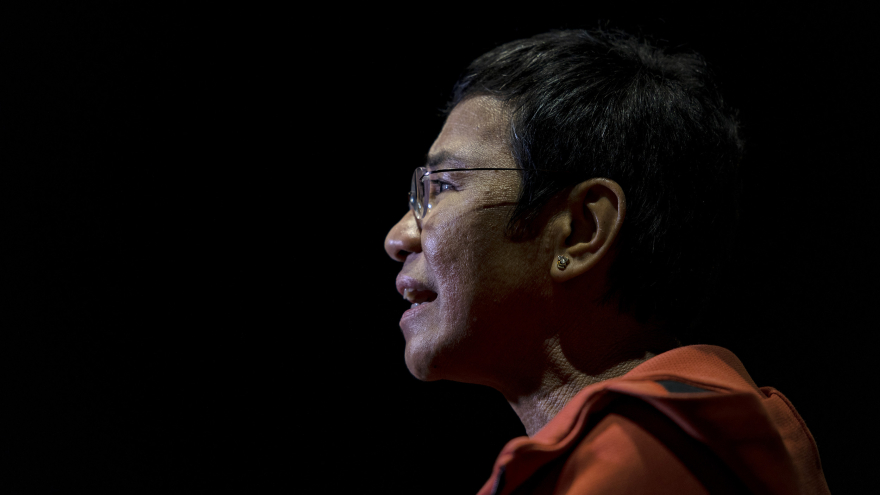
Killed for Telling the Story: Eleven Palestinian Women Journalists Die in Gaza
December 13, 2023March 07, 2023 – General –
As online abuse against journalists grows in frequency and intensity, media outlets must act decisively to protect their staff. A guide published by International Media Support outlines practical and urgent steps newsrooms can take to shield journalists from digital harassment, which disproportionately affects women and minority reporters.
First, media organizations should take proactive measures to safeguard sensitive personal information. Journalists often become vulnerable through exposed metadata, public profiles, or published details that can be weaponized by online attackers. Outlets must implement training and internal policies that help reporters secure their digital footprints, minimizing the risk of doxxing and identity-based targeting.
Second, newsrooms must moderate hate on their platforms. Comment sections, social media pages, and public forums managed by the outlet can quickly become arenas for abuse. Editorial teams should establish clear moderation policies, remove threats and hate speech, report criminal content to authorities, and, where necessary, disable comments during off-hours when moderation is limited. Journalists should not be forced to endure abuse on the platforms their employers control.
Third, formal support systems are essential. Journalists facing harassment should know exactly who to contact, how to report incidents, and what kind of response to expect. Employers must ensure that staff do not face threats alone, offering psychological support, legal assistance, and a clear commitment to safety from leadership. This is especially critical when online abuse escalates into real-world danger.
Lastly, media organizations should adopt structured, measurable approaches. Internal surveys, regular reviews, and written safety protocols help ensure policies evolve with the threat landscape. Abuse is not just a personal issue—it’s a systemic challenge that must be addressed through data-driven strategies and institutional accountability.
The guide also emphasizes the value of peer support networks and emergency assistance from global press freedom groups. With the right tools, training, and solidarity, media outlets can foster a culture of protection. Defending journalists from digital attacks isn’t just an ethical obligation—it’s fundamental to preserving a free and fearless press in the digital age.
Reference –
https://www.mediasupport.org/blogpost/how-media-outlets-can-support-journalists-facing-online-abuse/




